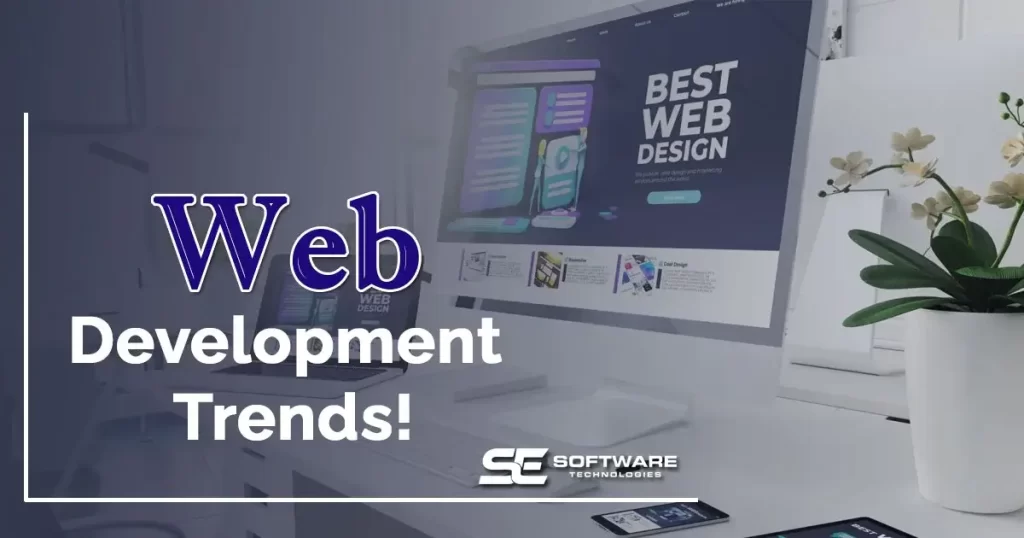In 2025, the importance of having a dedicated website alongside your social media presence has become even more evident. While platforms like Facebook, Instagram, LinkedIn, and TikTok continue to thrive, a website serves as the foundation of your online presence. Many business owners and professionals might wonder, “Why do I need a website if I’m already active on social media?” Here’s why having a website is crucial, even if you’re performing well on social platforms.
Complete Control Over Your Brand
Social media platforms have strict rules and algorithms that dictate how content is shown to users. Changes in these algorithms can affect your reach overnight. A website, on the other hand, provides you full control. You decide how your content is presented, when updates are made, and how your brand is positioned. There’s no risk of your content being hidden or penalized because of shifting platform policies.
Professionalism and Credibility
A professional website demonstrates credibility. While social media is great for engagement, people expect a business or professional to have a well-structured website that reflects their expertise. A clean, well-designed website with detailed information about your services, team, and achievements gives potential customers the confidence to trust you.
Centralized Hub for Your Content
Social media tends to segment your content. Each platform is built for a specific type of interaction—images for Instagram, videos for TikTok, and long-form posts for LinkedIn. A website serves as a centralized hub where all your content can live harmoniously. Blogs, case studies, portfolios, testimonials, and more can be presented cohesively, offering a fuller picture of what you do.
Search Engine Optimization (SEO)
While social media content can show up in search results, a dedicated website gives you the ability to optimize your presence on search engines through SEO. Websites rank higher for specific keywords related to your business. A strong SEO strategy helps potential customers find you organically through search engines like Google, expanding your reach far beyond your social media followers.
Ownership of Your Audience
On social media, your audience technically belongs to the platform. If a social media platform shuts down or changes its policies, you risk losing your connection with your audience. A website, however, allows you to collect valuable data such as email addresses, which can be used to foster direct communication and ensure that your audience remains within your control.
Customization and Unique Experience
Websites allow you to create a customized experience for your visitors. You can use advanced design features, interactive elements, and tailored content to showcase your brand’s uniqueness. Social media platforms limit customization, making it harder to stand out from the crowd. Your website can tell your story in a way that’s true to your brand, without constraints.
E-Commerce and Lead Generation
Websites, especially with modern platforms like WooCommerce or Shopify, allow seamless e-commerce functionality. Even if you aren’t selling products, a website is a fantastic tool for generating leads. You can use forms, call-to-actions, and interactive features to capture potential customers’ information and nurture them into clients—something much harder to do on social media alone.
Data Privacy and Security
A website ensures you can offer a secure environment for your visitors. With increasing concerns about data privacy and security, having a website that complies with regulations like GDPR or CCPA provides a level of trust that is harder to achieve on social media platforms. Your website can display clear policies and ensure that data is handled responsibly.
Timeless Presence
Unlike social media, where content is often fleeting and trends change rapidly, your website serves as a timeless asset. A well-maintained website can remain relevant for years, offering a consistent point of contact for potential customers and clients, regardless of how social media evolves.
Conclusion
While social media is a powerful tool for engaging with your audience and promoting your brand, it should complement—not replace—your website. A website remains your most valuable digital asset in 2025, allowing you to fully control your online presence, offer a professional experience, and build lasting relationships with your audience. At SE Software Technologies, we specialize in creating high-performance websites that work alongside your social media strategy to help you thrive in the digital landscape.





